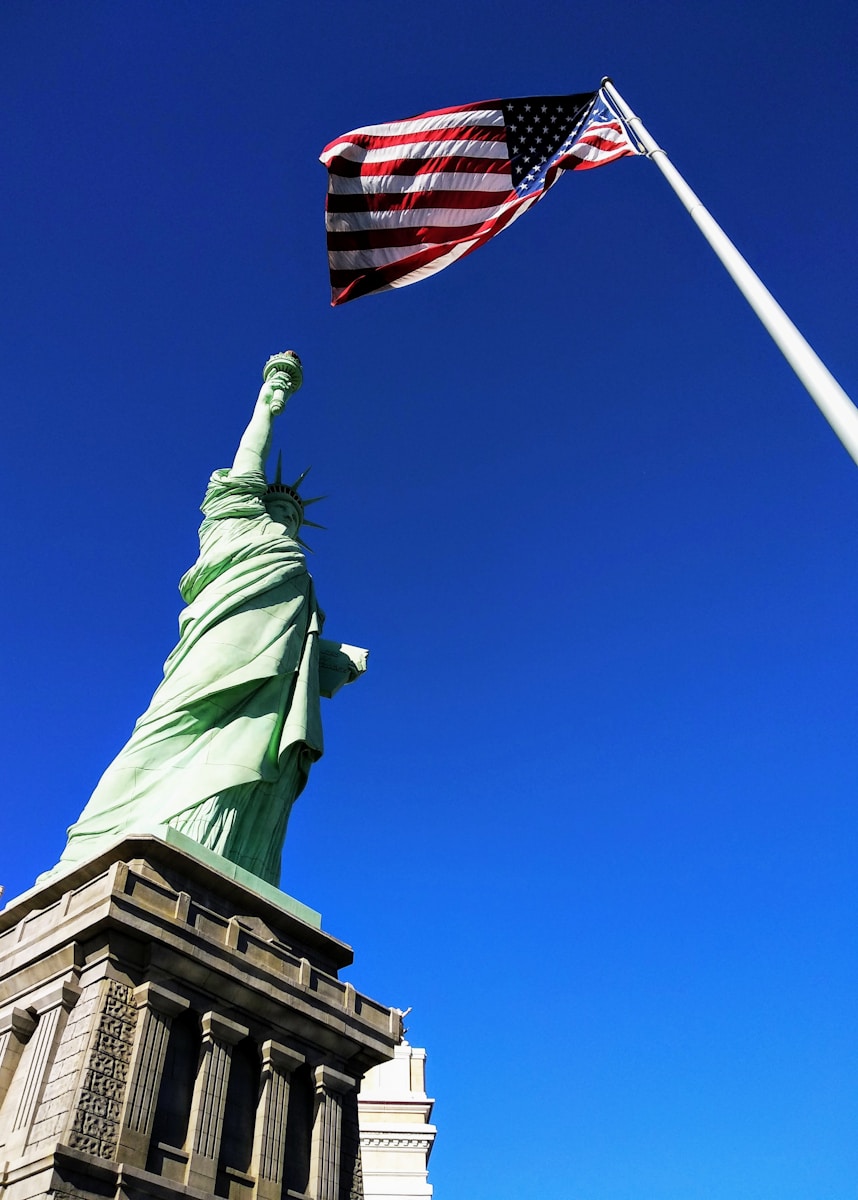Key Takeaways
– Pulitzer winner Bob Woodward blasts Trump’s fight with the media
– Woodward labels the president’s behavior ego driven and harmful
– Trump’s lawsuits pressure news outlets and strain internal staff
– Experts warn press freedom faces a growing threat
Trump’s Ongoing War on the Media
President Trump has filed many lawsuits against news outlets. He sues papers that criticize him or that do not cover his rivals harshly enough. These legal fights force some companies to pay millions to settle. Meanwhile, Trump’s public comments keep attacking journalists. He claims they only report stories he doesn’t like. This war on the press has grown over the past four years.
Inside Tensions at Major Newsrooms
Big media companies now face pressure from Trump. On one side, management wants to avoid more lawsuits. They often make deals to keep their businesses safe. On the other side, reporters feel left unsupported. Their work may expose the president’s actions. Yet they fear losing resources or facing legal threats. As a result, some journalists have left top news organizations.
Woodward’s Wake-Up Call
In a recent interview on a cable news show, veteran journalist Bob Woodward spoke out sharply. He called the president’s attacks on the media “pathetic.” Woodward said Trump’s public statements show an urgent need to control everything. He noted that on a social media platform, Trump wrote that “people don’t explain to me, I explain to them.” Woodward stressed that this ego display hurts both the president and the country.
The Power of Words
Woodward used simple language to describe Trump’s tone. He explained that if a friend acted like the president, most people would suggest they calm down. Yet Trump keeps repeating the same style. He issues bursts of commands and personal insults. He claims only he knows what is best. Woodward finds this approach both odd and damaging to democracy.
Why Woodward Calls It Pathetic
According to Woodward, a president should lead with respect for facts and open discussion. He said a healthy democracy needs a free press. When a leader fights the media, it weakens public trust. Woodward pointed out that calling news reports “fake news” or personal attacks endangers journalists. He worries that fewer reporters will risk speaking truth to power.
Subheading President’s Lawsuits and Their Impact
Trump’s campaign against the press goes beyond tweets. He has filed dozens of lawsuits against outlets big and small. Many of these suits claim defamation or false reporting. Media companies often choose to settle. They worry about costly court battles. This cycle drains resources and sets a chilling precedent. Reporters report less on hard-hitting stories to avoid legal trouble.
Subheading The Reporter vs. Management Divide
Inside newsrooms, staff face tough choices. Reporters want to pursue stories that matter. They see cases of government misconduct and false claims. They feel driven to hold power to account. But executives worry about the bottom line. They fear large legal fees and damage to their brands. This divide leaves reporters frustrated and isolated. Some leave their jobs altogether.
Subheading Woodward’s Call to Action
Woodward urged news leaders to defend their staff. He wants outlets to take risks for public interest. He also wants the public to value honest reporting. According to Woodward, readers must stand up for press freedom too. He stressed that if citizens lose trust in news, democracy suffers. Without strong journalism, corruption can grow in the dark.
Subheading How the Public Can Help
Citizens play a key role in protecting a free press. They can subscribe to independent news sites. They can share stories that hold leaders accountable. They can speak up when the press faces legal threats. In this way, people send a clear message: democracy needs facts. Public support can give reporters strength to keep going.
Subheading The Road Ahead
Trump’s battle with the press shows no sign of stopping. Legal challenges will likely continue even after his term ends. Future leaders might follow his example or choose a different path. Meanwhile, newsrooms must decide how to balance risk and responsibility. Reporters and managers must find common ground. Otherwise, the gap between them may grow wider.
Conclusion
Bob Woodward’s sharp critique serves as a warning. He made it clear that the president’s ego-driven war on journalists threatens democracy. Lawsuits and public attacks leave a mark on every newsroom. The public must recognize the stakes and support a free press. After all, a democracy without a watchdog is a democracy at risk.
